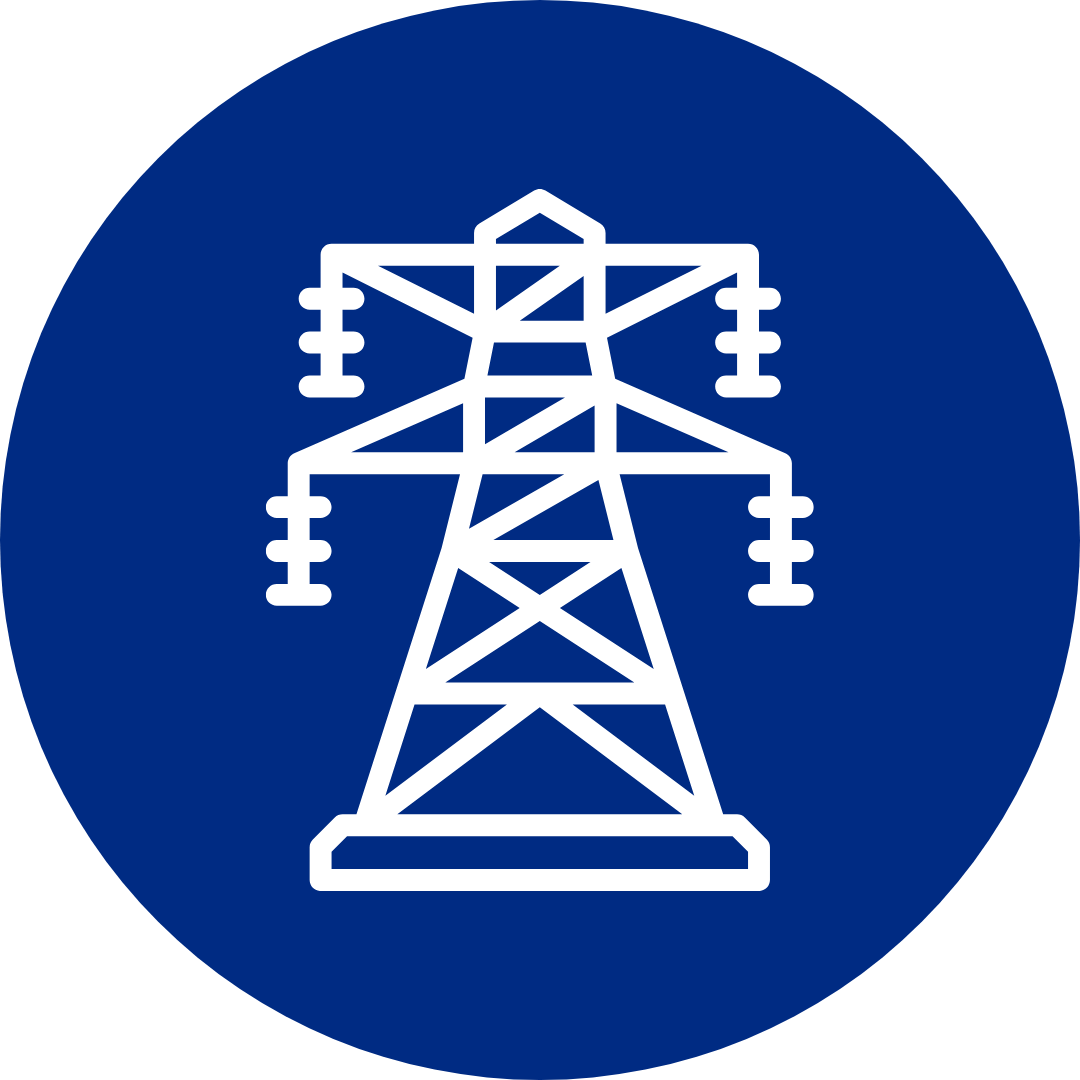When it comes to automotive electrical systems, choosing the right type of cable can make all the difference in ensuring reliability, efficiency, and ease of installation. Among the various options available, thinwall cable stands out as the preferred choice for many automotive electricians. But what makes thinwall cable so special? Let’s dive into its key benefits and applications.
Lightweight and Flexible: Easier Handling
One of the primary reasons automotive electricians favor thinwall cable is its reduced size and weight. Traditional cables can be bulky and difficult to manoeuvre, especially in the confined spaces typical of modern vehicles. Thinwall cable, however, is significantly lighter and more flexible, making it much easier to handle during installation. This flexibility allows electricians to make connections more efficiently, saving both time and effort.
Higher Current Capacity: Enhanced Performance
Despite its smaller size, thinwall cable boasts a higher current capacity than many of its bulkier counterparts. This means it can carry more electrical current without overheating or causing damage to the system. For automotive applications where performance and reliability are crucial, this higher current capacity is a major advantage. Whether it’s powering the engine, charging the battery, or running the vehicle’s lighting system, thinwall cable ensures a consistent and robust electrical flow.
Versatile Applications: From Engine to Panel Control
Thinwall cable’s versatility is another reason for its popularity among automotive electricians. It is suitable for a wide range of applications, including:
- Engine Starting: Ensuring a reliable start every time.
- Charging Systems: Efficiently transferring power to and from the battery.
- Lighting: Providing stable and consistent power to all lighting components.
- Instrumentation: Connecting various sensors and gauges for accurate readings.
- Panel Control: Ensuring smooth operation of control panels and switches.
This wide range of applications makes thinwall cable a one-stop solution for many of the electrical needs within a vehicle.
Superior Resistance: Built to Withstand Harsh Conditions
Automotive environments can be tough, with exposure to petrol, diesel, lubricating oils, and other harsh substances. Thinwall cable is designed to withstand these conditions, thanks to its high-quality PVC insulation. This insulation offers excellent resistance to abrasion and cut-through, ensuring that the cable remains intact and functional even in the most demanding situations. This durability translates to longer-lasting installations and fewer maintenance issues down the line.
Conclusion
In summary, thinwall cable is the go-to choice for automotive electricians due to its lightweight and flexible nature, higher current capacity, versatile applications, and superior resistance to harsh conditions. By opting for thinwall cable, electricians can ensure more efficient installations, enhanced performance, and greater reliability in the vehicles they work on. Whether it’s for engine starting, charging, lighting, instrumentation, or panel control, thinwall cable proves to be an indispensable component in modern automotive electrical systems.
If you’re an automotive electrician or involved in vehicle maintenance and repair, consider thinwall cable from Cableworld, to discover more CLICK HERE
Alarm Cable
Arctic Grade Cable
Armoured Cable
Audio & Speaker Cable
Auto Cable
Bare Copper
Belden Equivalent Cable
Co-axial Cable
Data Cable
DC Telecom Cable
Defence Standard Cable
Emergency Lighting & Fire Detection Cable
EV Cable
Festoon
![Loose Tube Fibre Cross Section]()
Fixed Wiring PVC & LSOH Cable
Flatform
Flexible Control Cable
Flexible PVC Cable
Flexible Rubber Cable
General Wiring Cable PVC & LSOH
High Temperature Cable
High Voltage Cable
![5308 p1 t2 cat Cross Section]()
LSOH Flexible Cable
Medium Voltage Cable
NYY & N2XH Cable
Protected Wiring Cable
Silicone Cable
Solar Cable
Split Concentric Cable
Spiral Cable
Temporary Power Cable
Tri-Rated Cable
Welding Cable
Alarm Cable
Arctic Grade Cable
Armoured Cable
Audio & Speaker Cable
Auto Cable
Bare Copper
Belden Equivalent Cable
Co-axial Cable
Data Cable
DC Telecom Cable
Defence Standard Cable
Emergency Lighting & Fire Detection Cable
EV Cable
Festoon
![Loose Tube Fibre Cross Section]()
Fixed Wiring PVC & LSOH Cable
Flatform
Flexible Control Cable
Flexible PVC Cable
Flexible Rubber Cable
General Wiring Cable PVC & LSOH
High Temperature Cable
High Voltage Cable
![5308 p1 t2 cat Cross Section]()
LSOH Flexible Cable
Medium Voltage Cable
NYY & N2XH Cable
PAS - BS5308 Instrumentation Cable
Protected Wiring Cable
RS-232 Cable
RS-485 Cable
Silicone Cable
Solar Cable
Split Concentric Cable
Spiral Cable
Telephone Cable
Traffic Signal Cables
Temporary Power Cable
Tri-Rated Cable
Welding Cable
Airports
Automation & Process Control
![Automotive]()
Building & Construction
Communication & Telecommunication
Data Centres
Defence
![DNO 1]()
E-Mobility
Food & Beverage
Marine & Offshore
Mining, Drilling & Tunnelling
OEMs
Oil, Gas & Petrochemical
Rail & Metro
Renewable Energy
Switchgear
Power
Water Treatment













































